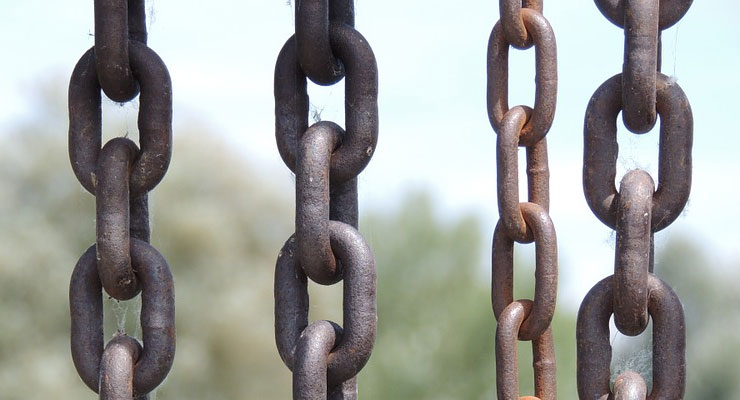 From the Associated Press by Bryan Woolston
From the Associated Press by Bryan Woolston
A mistake Rynn Young made decades ago, when he was just a teenager, cost him the right to vote.
Twenty-one years after his drug possession conviction, he got his ballot back when newly elected Democratic Kentucky Gov. Andy Beshear signed an executive order last month restoring voting rights to nonviolent felons after release.
“It’s been a very long time coming,” Young said at the signing ceremony in Frankfort, Kentucky, surrounded by civil rights leaders. “I’ve never had the right to vote. My words have always fallen on deaf ears … I appreciate the opportunity for a second chance, just to be heard.”
This was one of Beshear’s first acts as governor. Two days earlier, he announced at his inauguration that he would restore the right to vote for 140,000 “men and women who have done wrong in the past but are doing right now.” His Christian faith, he said, teaches him forgiveness.
“They deserve to participate in our great democracy,” he told the inaugural crowd in front of the state Capitol in Frankfort.
Kentucky joined 17 other states that have restored voting rights over the past several decades to felons after they leave prison. In every state except Maine and Vermont, felons are stripped of their voting rights while in prison. In most states, that ban remains for a certain period (Iowa has a lifetime ban, unless reversed by the governor) after they are released, disenfranchising millions of people.
Read more on this story in PEW.
Leave a Reply